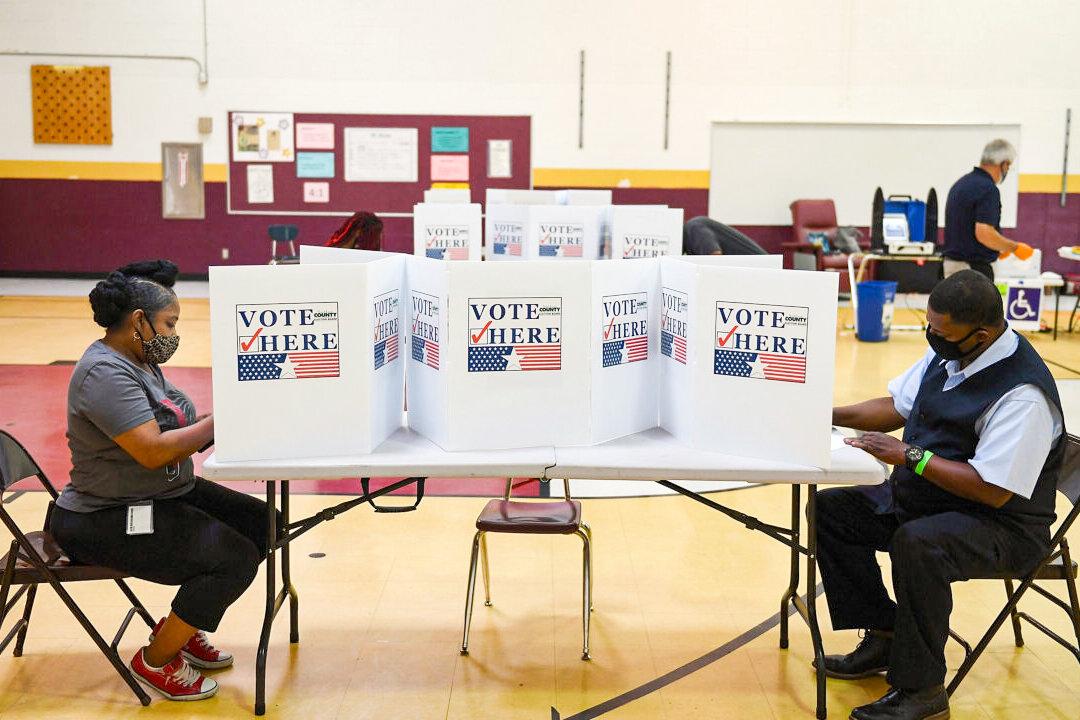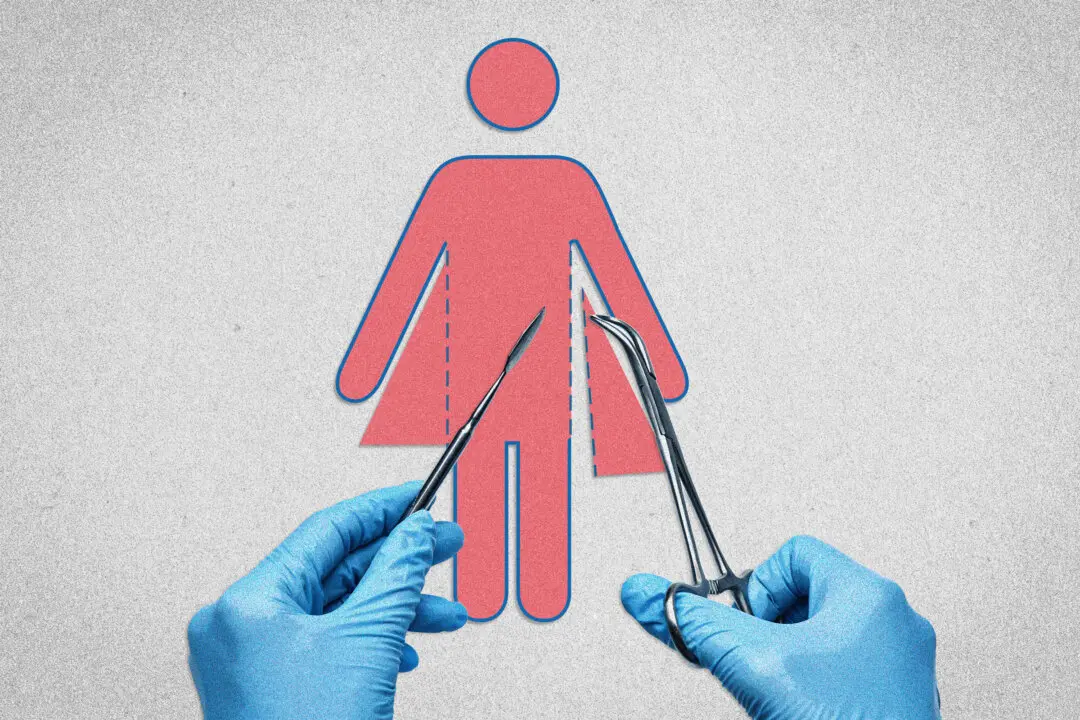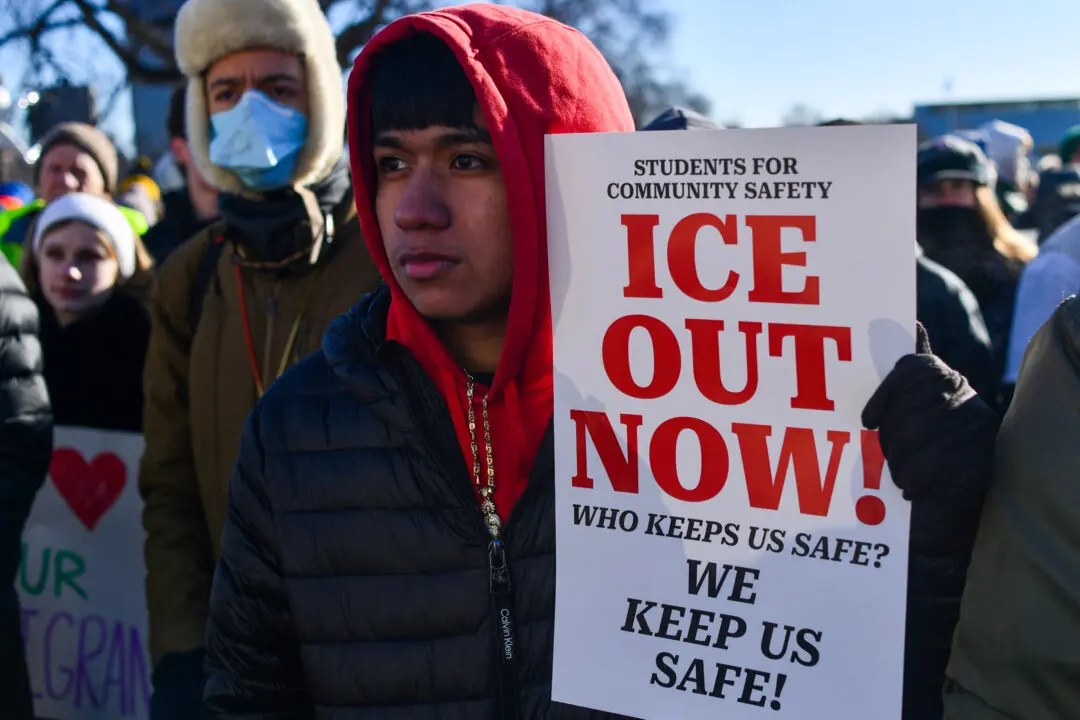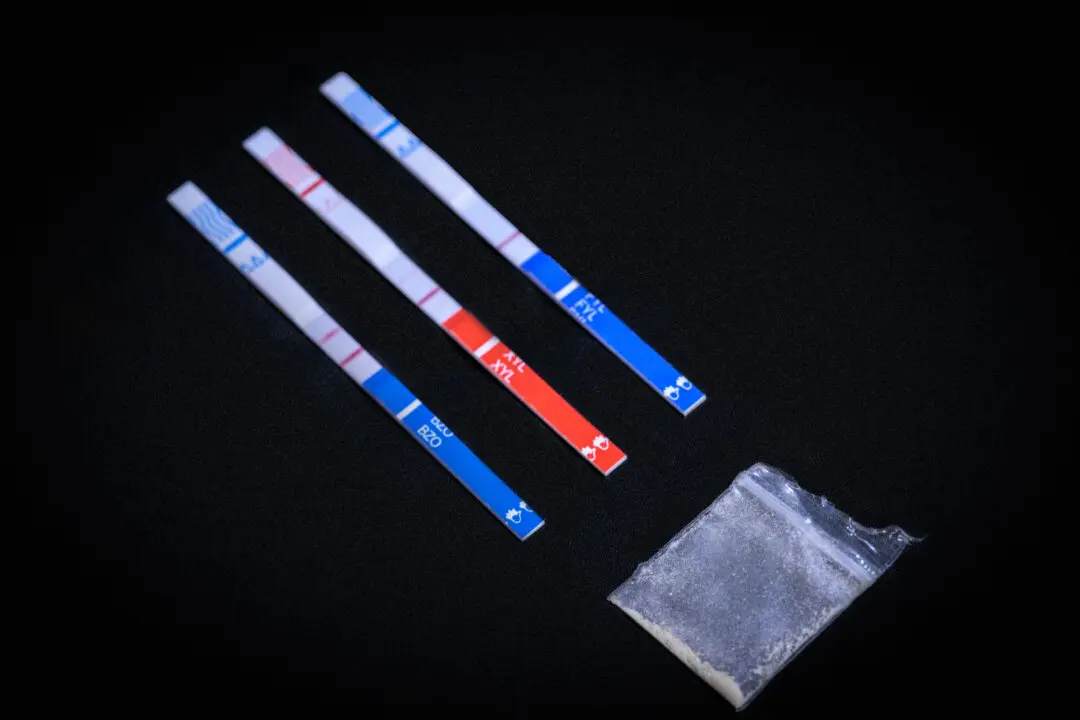Republicans in Texas and elsewhere are considering closing primaries to limit what they say is Democratic meddling.
One of the Texas GOP’s top legislative priorities includes closing primaries to stop Democrat interference. It is part of a sweeping measure calling on the state legislature to enhance election integrity while combating voter fraud.





